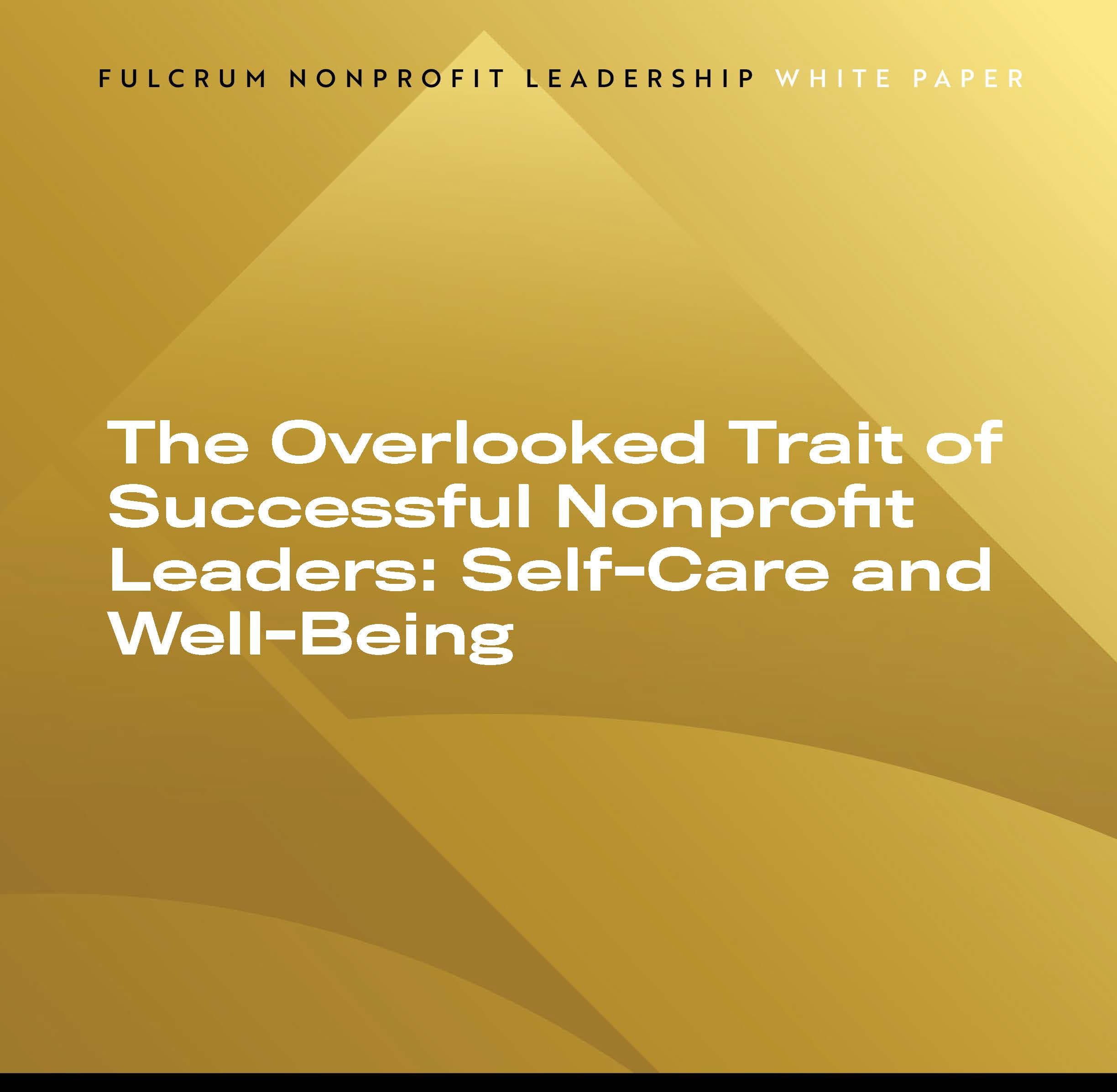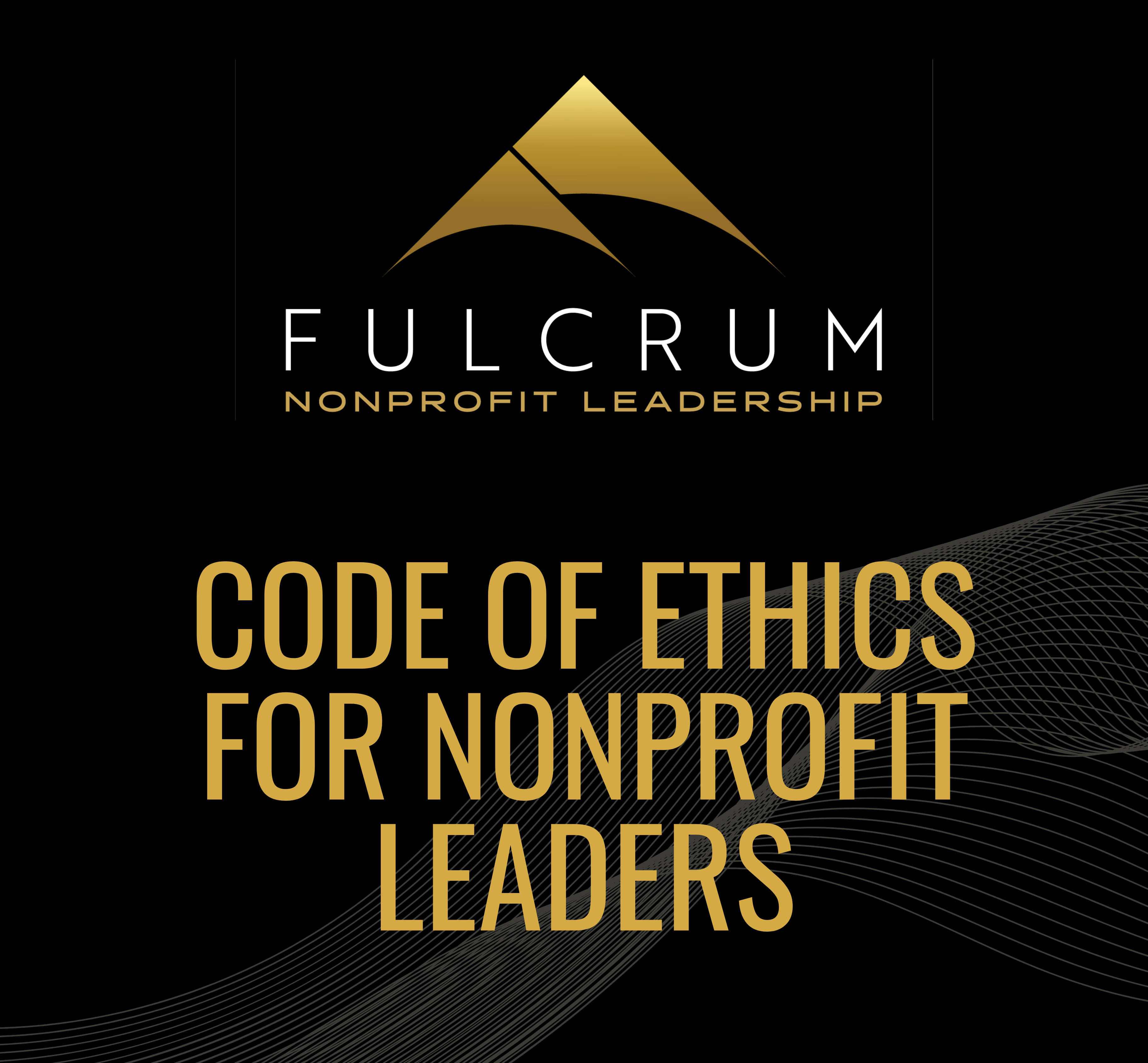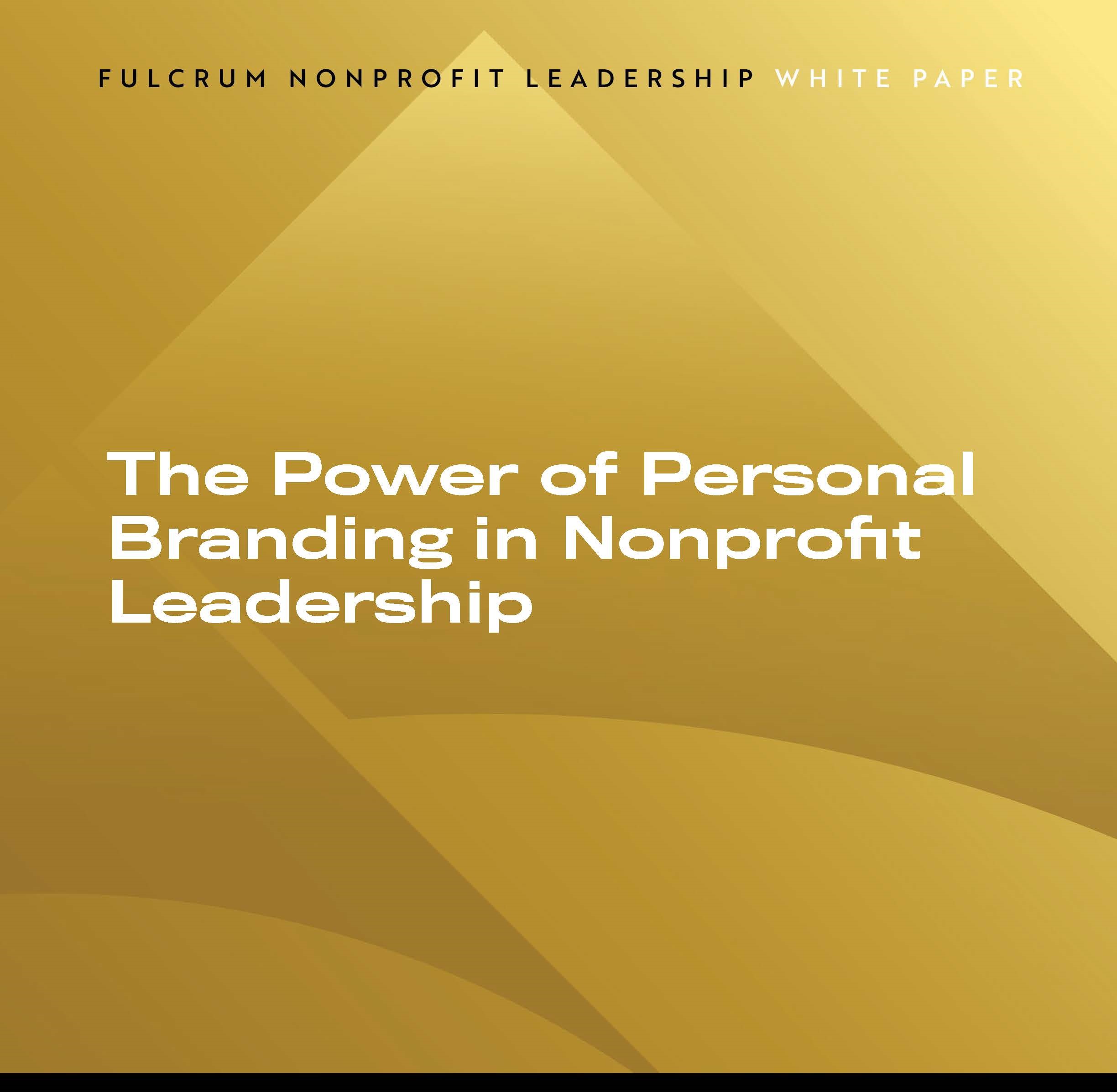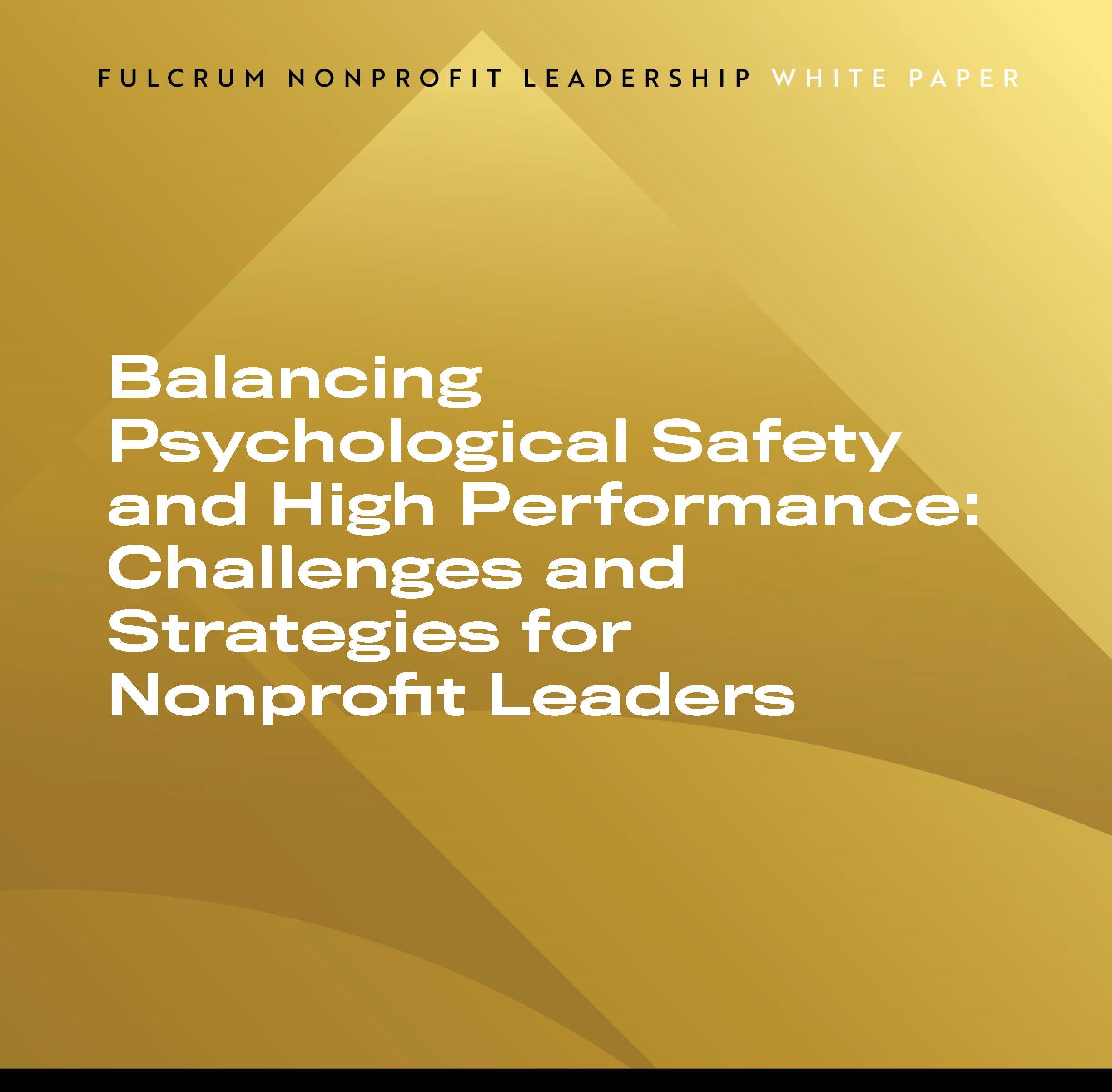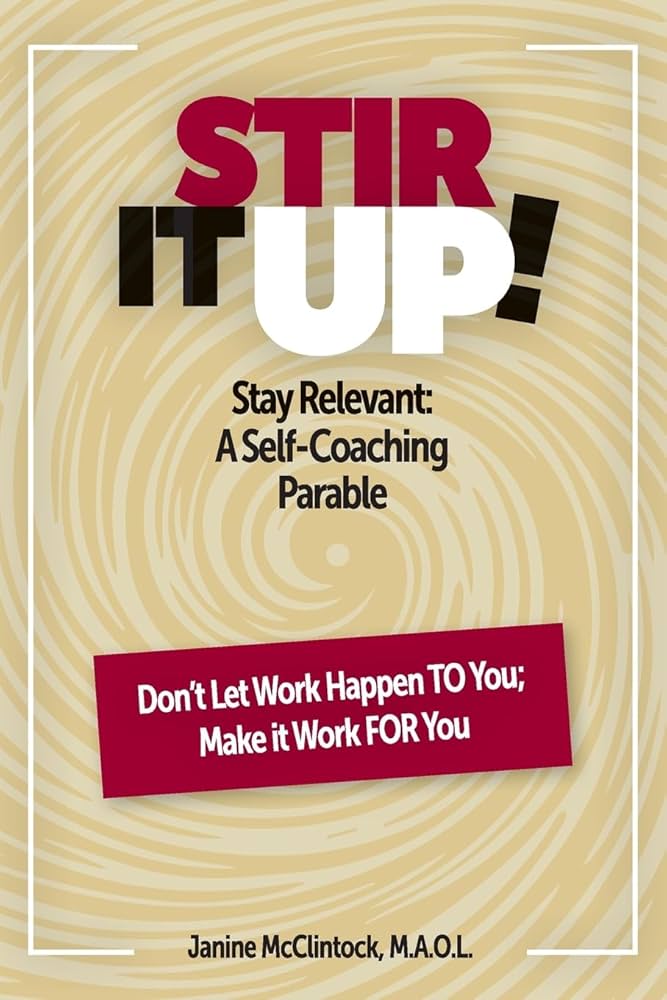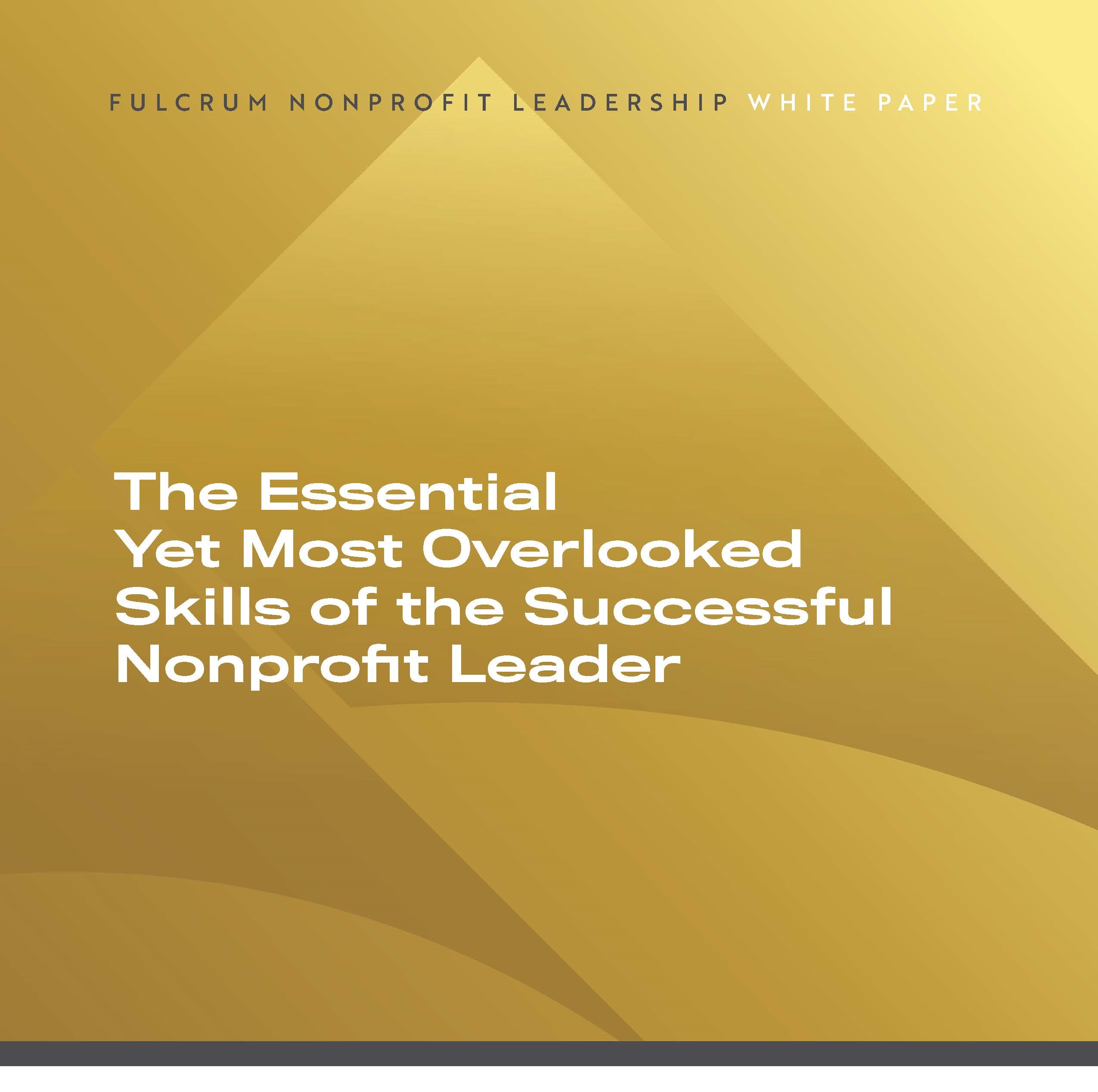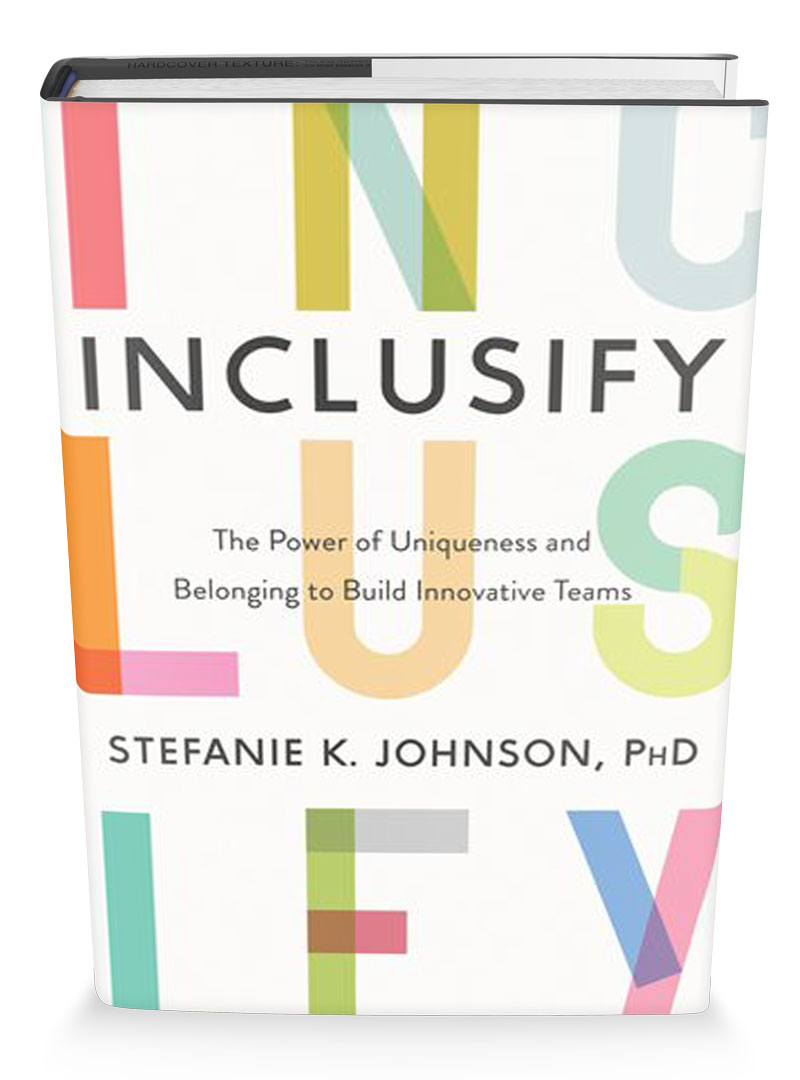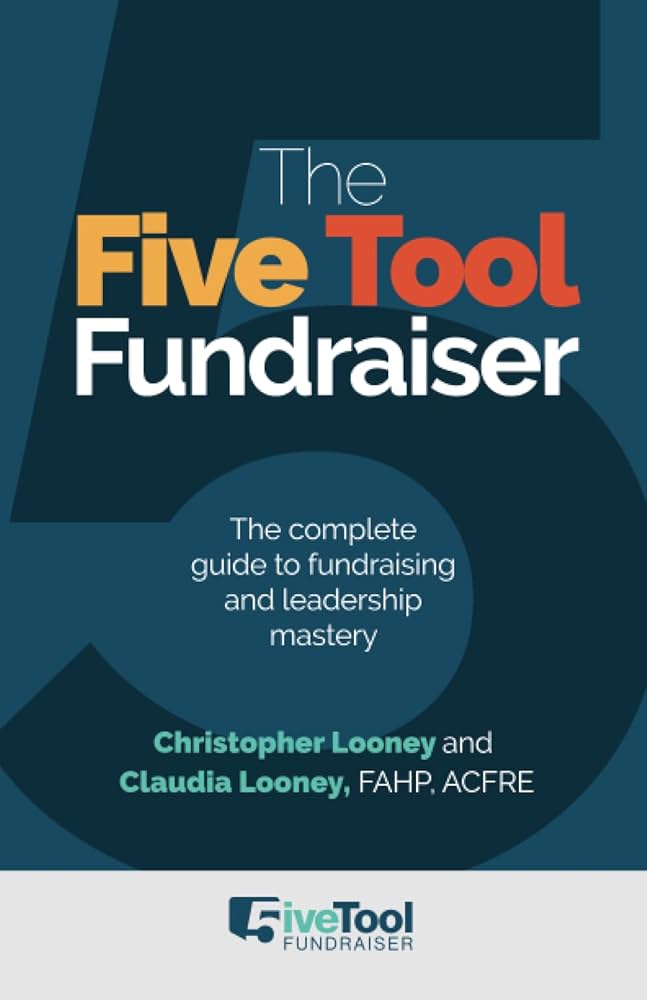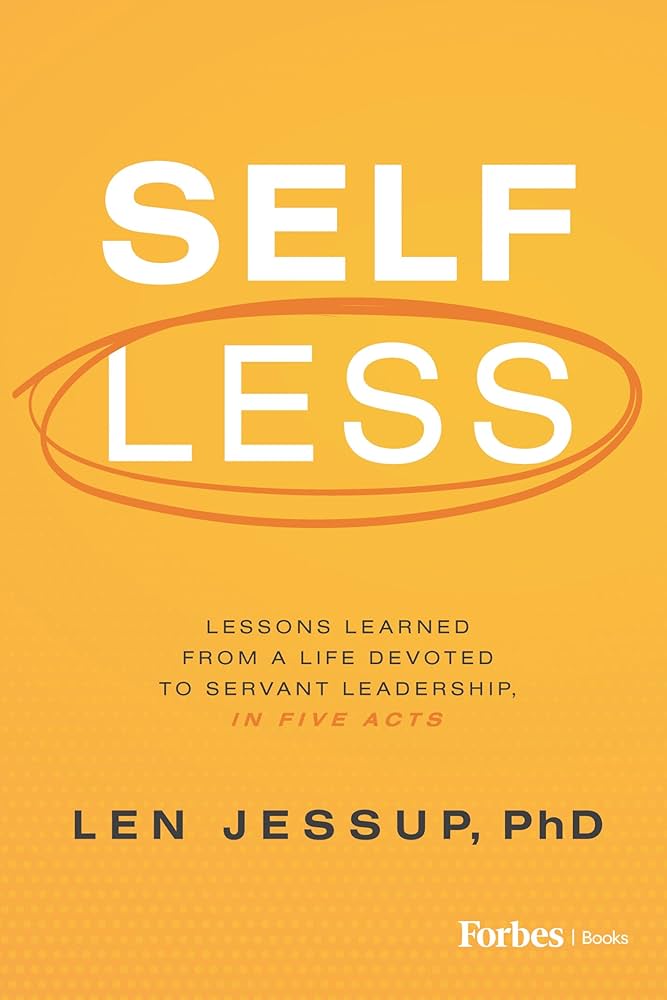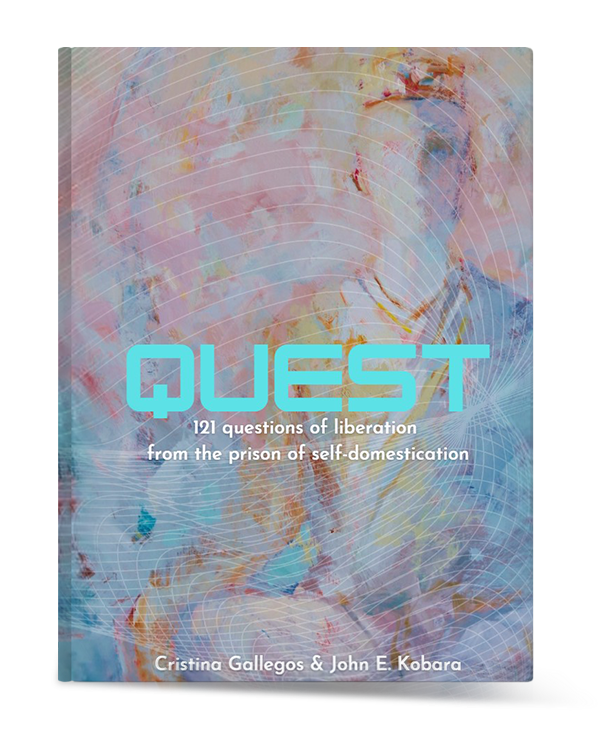THE NONPROFIT LEADER TOOLBOX
Fulcrum Nonprofit Leadership exists to help all nonprofit leaders thrive. On this page you can access complimentary tools and resources that are relevant to nonprofit leaders. If you’re not already a Fulcrum member, please click on the black box below to unlock all Fulcrum resources for free.
Leader Resources
In the evolving landscape of the nonprofit sector, success is no longer defined solely by internal metrics or fundraising targets. The most impactful nonprofit leaders understand that sustainable, meaningful change is rooted in the strength of their relationships with the communities they serve. Community engagement is not just a programmatic goal—it is a leadership mindset. This white paper explores two critical facets of effective community engagement: Building Relationships and a Collaborative Approach.
In the nonprofit sector, the focus is often directed outward—toward mission fulfillment, community impact, and donor stewardship. However, one of the most essential yet overlooked traits of highly effective nonprofit leaders is the ability to care for themselves. Self-care and well-being are not indulgences; they are prerequisites for sustainable, impactful leadership. This white paper explores two critical components of this trait: Managing Stress and Work-Life Balance.
In the nonprofit sector, leaders are often faced with complex challenges, limited resources, and evolving community needs. A solutions-driven leader stands apart by prioritizing proactive problem-solving, fostering a positive and forward-thinking team environment, and viewing obstacles as opportunities for growth. Instead of merely reacting to issues, these leaders drive their organizations forward by focusing on finding and implementing effective solutions. This white paper explores the key elements of solutions-driven leadership and how nonprofit leaders can cultivate this approach to maximize impact.
Nonprofit leaders hold a unique position of trust and responsibility within their organizations and communities. To ensure the highest standards of integrity, transparency, and effectiveness, nonprofit leaders must adhere to a strong ethical framework that guides their decisions and actions. This Code of Ethics establishes fundamental principles that all nonprofit leaders should follow.
Ethical leadership is essential for maintaining public trust, ensuring organizational sustainability, and fostering a culture of accountability. Two key elements define ethical leadership: Maintaining Integrity and Navigating Moral Dilemmas. By mastering these components, nonprofit leaders can create transparent, trustworthy organizations that effectively serve their mission.
Decision-making under uncertainty is a fundamental aspect of nonprofit leadership, requiring a balance between calculated risk-taking and strategic foresight. Two key elements define this competency: Navigating Ambiguity and Risk Management. Mastering these components allows nonprofit leaders to make informed, strategic decisions that enhance organizational resilience and long-term impact.
This guide explores the essential elements of building high-performing nonprofit teams and provides actionable recommendations for nonprofit leaders.
This white paper explores the two key elements of personal branding: Building a Reputation and Networking and Influence, providing practical examples and recommendations for nonprofit leaders aiming to strengthen this critical competency.
This white paper explores the two key elements of systems thinking: Understanding Interconnections and Impact Assessment, providing practical examples and recommendations for nonprofit leaders aiming to strengthen this critical competency.
This white paper explores why and how nonprofit leaders should establish clear boundaries to maintain personal well-being, foster sustainable team dynamics, and ensure long-term organizational success.
Leaders in this sector face a dual imperative: fostering psychological safety and well-being for staff while ensuring accountability and meeting high performance expectations. This white paper explores this dynamic.
This book combines research-based theories of self-development and an interactive self-assessment, self-coaching questions and resources to help readers become their own best coach.
This white paper explores the essential yet often overlooked nonprofit leadership skills, including emotional intelligence, resilience, cultural competence, innovative thinking, and more.
This white paper highlights the importance of resilience and adaptability, focusing on two key components: Handling Setbacks and Flexibility. It provides practical examples and actionable steps to help nonprofit leaders strengthen their capacity to lead effectively under pressure.
This paper explores the vital role of EI, focusing on two key dimensions: Understanding and Managing Emotions and Empathy. We highlight how these competencies empower leaders to build strong relationships, inspire teams, and advance mission-driven goals, offering practical examples for immediate implementation.
For a nonprofit CEO or another nonprofit leader, the way they articulate the organization’s mission, values, and goals can significantly impact their ability to inspire, build trust, advocate, fundraise, and lead.
This white paper explores the important role of the CEO in driving an effective strategic planning process, focusing on key responsibilities, leadership qualities, and practical steps to ensure that strategic planning efforts are aligned with the organization’s mission and long-term success.
This white paper explores the key reasons why writing a comprehensive and accurate job description or SOP for a nonprofit CEO is particularly difficult, and it provides insights into the unique nature of this leadership role.
This white paper explores the current state of professional development in the nonprofit sector, supported by evidence that highlights its challenges and opportunities for improvement.
This white paper explores the principles, strategies, and steps necessary for nonprofit organizations to cultivate a sustainable culture of philanthropy that authentically connects with stakeholders and supports long-term success.
The Five Tool Fundraiser ™ is a tested and proven framework for understanding the characteristics of the best and most successful development professionals in the nonprofit and fundraising industries and provides a more thoughtful and strategic approach to understanding the work of the development professional.
With Self Less, Len Jessup shares an engaging first-person narrative detailing how his origins, beliefs, adversity, impact, and legacy shaped him into a selfless leader devoted to helping transform organizations. Beginning with childhood experiences and ancestral influences that imprinted a drive to serve others, Jessup recounts critical mentors and moments that built his confidence, reinforced core values, and motivated him toward continual growth.


